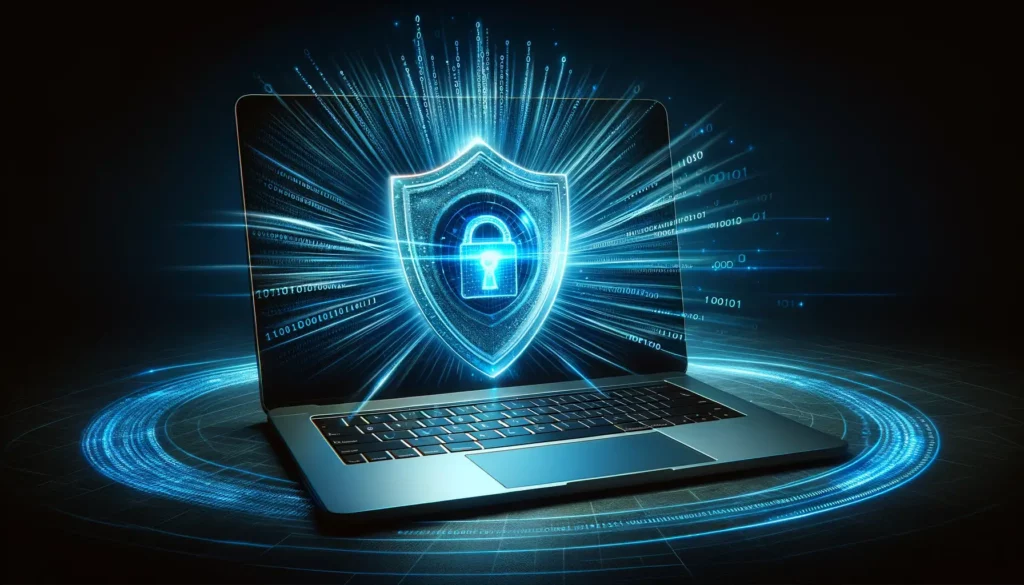Download the ROCTEL Network & Cybersecurity Report 2026 Now
Download Report
In 2025, cybersecurity is no longer an optional investment for Irish businesses— it’s a regulated requirement.
With new and updated frameworks like NIS2, DORA, and the continued enforcement of GDPR, businesses across Ireland are being called to a higher standard of digital resilience. But what do these frameworks really mean for the average business?
Think of cybersecurity like securing your home. When you buy a house, you start with a lock on the front door. Then maybe you add an alarm system, electric gates, and a front-door camera to monitor things while you’re away. Your business deserves the same layered protection. From firewalls and endpoint security to monitoring and compliance tools, sophisticated cyber defence is essential to safeguard the parts of your business you don’t always see — but can’t afford to ignore.
This blog breaks down these key cybersecurity regulations and what steps your organisation can take to stay compliant, competitive, and secure.
What is NIS2?
NIS2 (Network and Information Security Directive) is an EU-wide directive that came into effect in 2023, replacing the original 2016 NIS Directive. It mandates that essential and important entities across a range of sectors (including energy, transport, healthcare, digital services, and financial markets) implement specific cybersecurity and risk management protocols.
What it means for Irish businesses:
Essential Sectors:
Important Sectors:
Key takeaway: Even if you’re a small player in a big industry, your cybersecurity practices are under scrutiny.
What is DORA?
DORA (Digital Operational Resilience Act) is specific to financial services and their ICT providers. It sets a legal framework for managing digital risks within the financial sector across the EU.
What it means for Irish businesses:
Key takeaway: DORA goes beyond prevention; it expects recovery and continuity, too.
How Does GDPR fit into the Picture?
GDPR (General Data Protection Regulation) has been in place since 2018, but its enforcement is increasing. Data privacy is now at the heart of trust and compliance.
What it means for Irish businesses:
Key takeaway: GDPR isn’t new, but it's more relevant than ever — especially when layered with NIS2 and DORA.
What Irish Businesses Can Do Now
ROCTEL: Helping You Stay Compliant and Secure
At ROCTEL, we work closely with Irish businesses to navigate these cybersecurity regulations with confidence. From Zero Trust frameworks to 24/7 SOC monitoring, our ROCSOLID Cyber Defence platform is built to meet the standards outlined in NIS2, DORA, and GDPR.
Whether you're a healthcare provider, an accounting firm, or an ambitious retailer, our secure managed services help keep your operations online, compliant, and protected.
Want to learn how we can help your business? Get in touch: sales@roctel.net
👉 Book A Discovery Meeting Here
📍 Meet Us at the Business Post Cybersecurity Summit
ROCTEL will be exhibiting at the Business Post Cybersecurity Summit on October 2nd at Croke Park, Dublin.
If you're attending, stop by our stand to learn how ROCTEL’s ROCSOLID services can help your organisation stay protected, connected, and compliant with today’s most critical cybersecurity regulations.
Stay connected: follow ROCTEL on LinkedIn and X (Twitter) for the latest updates, insights, and event invitations.
#CyberSecurity #NIS2 #DORA #GDPR #CyberDefence #Compliance #IrishBusiness #ManagedServices #CiscoPartner #ROCTEL #ROCSOLID #CiscoUmbrella